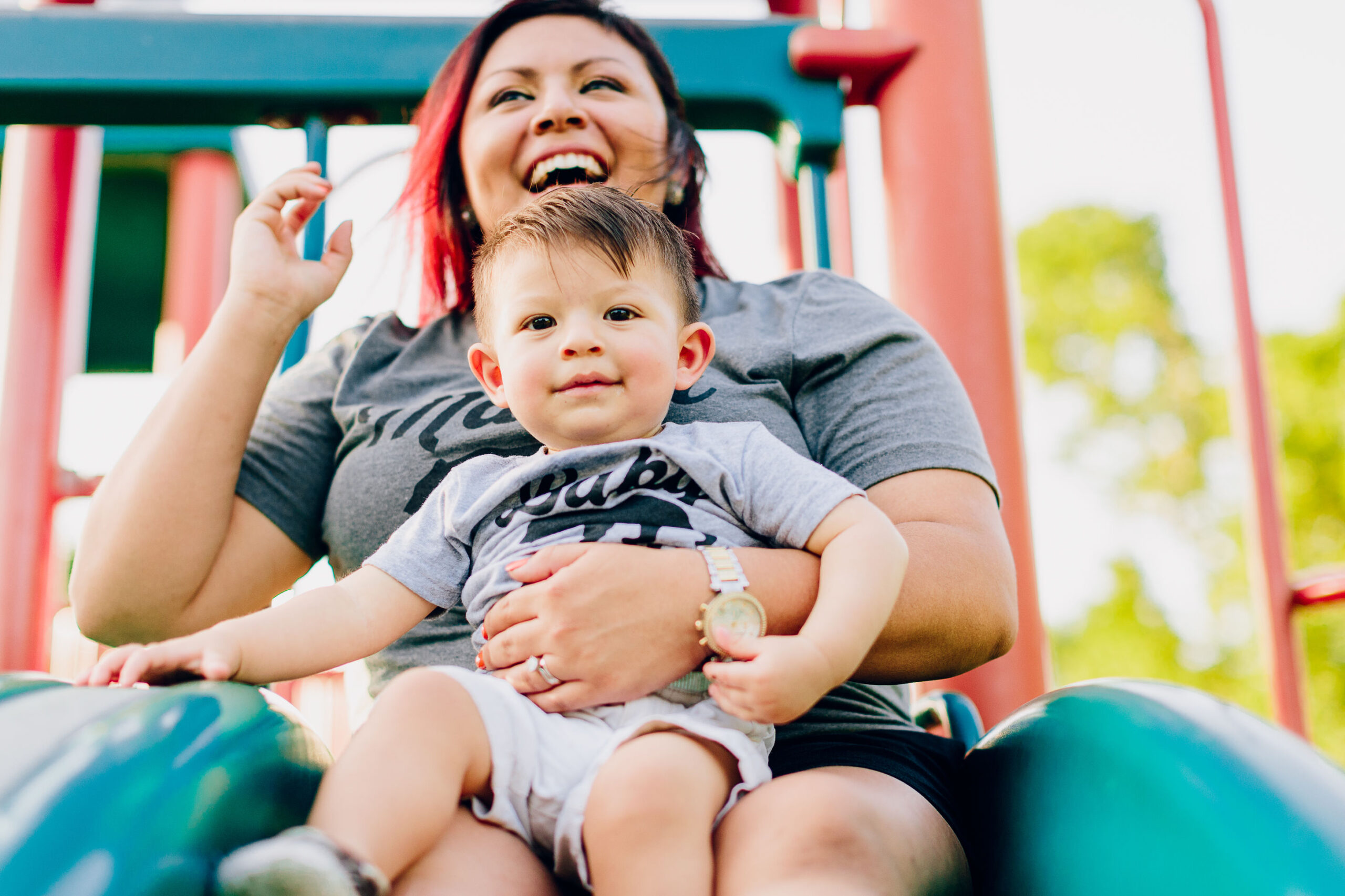
- This event has passed.
Co-designing Solutions with Families: The Early Learning Lab’s Parent Innovation Institute

During this webinar, we discussed how communities can use human-centered design to ensure that programs and services meet families’ needs and help them succeed. Sheetal Singh and Mansi Kakkar of Early Learning Lab (ELL) shared how ELL developed and piloted the Parent Innovation Institute in Oakland, Ca., and Jenny Bogoni of Read by 4th and Jennifer Stavrakos of the William Penn Foundation described how they are bringing this model to Philadelphia.
The Parent Innovation Institute uses human-centered design to engage families in the process of envisioning and creating the programs and services that local organizations will deliver in their communities. Using a comparison of Google Maps to a compass to explain human-centered design, Kakkar noted that service providers often act on the assumption that they know their destination and just need to find the best route to get there. Like a compass, human-centered design helps organizations become more attuned to the existing environment — the families and their hopes, dreams and challenges — to determine the final destination or program to offer.
In the Parent Innovation Institute, teams comprised of two staff members and two parents work together over the course of a year to co-design a solution to a challenge the organizations were facing. In the Oakland pilot, the Unity Council Head Start utilized this approach to find new ways to engage fathers in its programs, launching a successful Day with Daddy program along with concurrent programming for the mothers. This new co-designed approach resulted in a fourfold increase in engagement at fatherhood events and reports of fathers’ deeper involvement with their preschoolers and families.
Community leaders in Philadelphia are excited to apply this approach to their work to improve child outcomes. Bogoni and Stavrakos shared how local leaders have been working in partnership with ELL to plan for the launch of the Parent Innovation Institute this year. They invited Philadelphia-based organizations to apply to be a part of the institute before the Feb. 7, 2020 deadline.
Singh and Kakkar explained the ways in which other communities could apply this co-design approach to promote family engagement. As they are doing in Philadelphia, ELL can coordinate implementation of the institute in other communities or they could provide coaching and capacity building to communities that want to lead implementation themselves. They also shared that they are in the process of producing a Parent Innovation Institute Playbook that communities can use to replicate this approach.





